Rabbit care is no joke. Caring for these complex animals is as important as caring for a dog or cat - perhaps even more so, as rabbits are prey species and therefore capable of harboring diseases. It's essential to know your rabbit and its unique personality. And reacting quickly to strange behavior means your rabbit will have a better chance of being treated successfully.
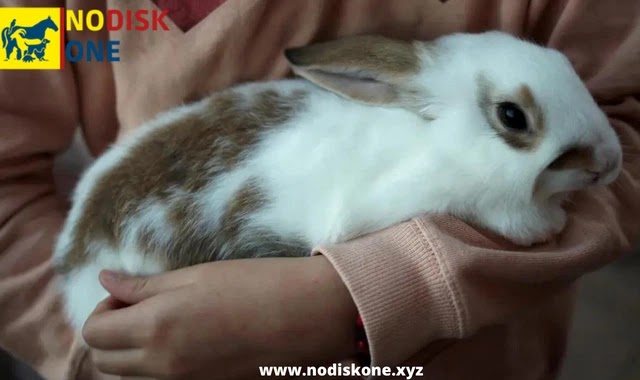 |
| 11 Warning Signs: How can you tell if a rabbit is sick? |
Because your rabbit can't talk to you, it can be difficult to know how he's doing. And because they're such sensitive little animals, it doesn't take long for a symptom to snowball. To help you decipher the rabbit code, I've compiled a list of signs that your rabbit is sick. They all come from my experience or extensive research since I've had rabbits. Let's address the core issue, shall we?
Disclaimer: This details is not intended to replace veterinary advice. These are the signs I have found in my research and in my 15 years of living with rabbits. If you think your rabbit is sick, you should always seek advice from a qualified veterinarian.
11 Warning Signs Your Rabbit Is Sick
Knowing the warning signs that may point to the need for medical attention when your pet rabbit is ill is crucial. You should take your rabbit to the doctor as soon as you see any of the following symptoms.
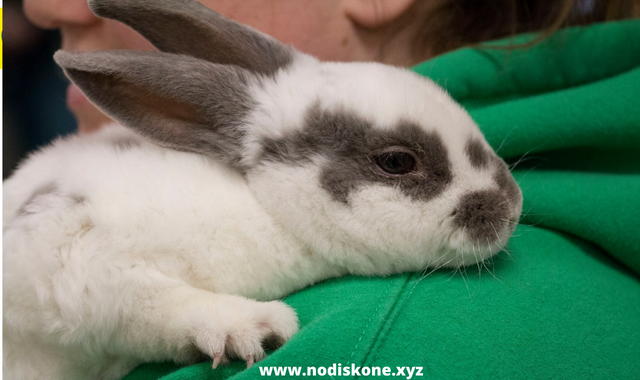 |
| 11 Warning Signs Your Rabbit Is Sick |
1. Unusual Droppings (Or None At All)
The most obvious sign that your rabbit is sick is the appearance of unusual droppings or no droppings at all. This is not the best part of a rabbit's life, of course. You must, however, pay special attention to this.
- Healthy droppings: Round, brown "cocoa puffs" that your rabbits leave everywhere.
- Cecotropes: They seem to be a sign that your rabbit is sick, but they are quite healthy. In fact, your rabbit will eat them to reabsorb the vitamins.
- Fur-bound: This means that your rabbit needs more fiber and greens to pass the fur through his intestine.
- Deformed/foreign droppings: This may mean he has stomach problems.
- Diarrhea: This can mean he has caught something or simply eaten something he shouldn't have. It's not always dangerous, but if it persists, you should see a veterinarian.
- Poop covered with mucus or mucus: Caused by intoxication or an infection of the digestive tract. You must consult a veterinarian immediately.
The complete absence of droppings may mean that your rabbit has a blockage somewhere in its digestive system. It could be a hairball, food or other problem. Whatever the cause, this is a serious situation that needs immediate attention.
2. Frequent Urination/Difference In Urine Color And Odor
Another sign that your rabbit may be ill is a change in its urine. If your rabbit is absorbing more litter than usual or not peeing at all, this is directly related to his water intake and water retention level. The color of a rabbit's urine varies from yellow to orange to red, depending on its diet. Here's what each color means:
- Yellow is normal, which means your rabbit is healthy.
- A rusty orange color means your rabbit may be dehydrated.
- Red urine, while scary to see, is not as dangerous as it looks. It is usually an excess of greens in your rabbit's diet.
Rabbits can also develop stones and "grit" in their urine. These grit are usually caused by excess calcium. If you find sand, stones or even blood in your rabbit's urine, take him to the vet immediately. This could be a sign of a more serious disease, such as kidney problems or even cancer, which is common in unspayed or unneutered rabbits.
3. Changes in appetite
Dramatic changes in your rabbit's diet, such as not eating or drinking, or consuming much more food and water than usual. Changes in appetite may also mean that your rabbit is eating things it has never eaten before.
Usually, these drastic changes in appetite mean that your rabbit has digestive problems such as gastrointestinal stasis or even a vitamin or nutrient deficiency.
When my rabbit Bubba decided he preferred cat food to his own, I knew something was wrong. At the vet's office, I was told that he was protein deficient and was turning to meat to get it. Now he gets all the protein he needs from his new rabbit food and protein-rich vegetables.
4. Lethargy and constant sleep
Crepuscular, or night and day animals, rabbits are most active at dawn and dusk. But that doesn't mean they have to sleep all day. If your rabbit is not as lively as usual, something is wrong.
Note that lethargy is not always a sign that your rabbit is sick. Your rabbit may be stressed or depressed, as well.
5. Crouching
When your rabbit crouches, it's a sign that he's stressed or in pain. Sometimes it can mean your rabbit is cold. But most of the time, a rabbit curls up because of stomach problems.
Some of the most common stomach problems in rabbits include gastrointestinal stasis, hairball blockage or even cancer. If the squatting persists for more than a few days, you may need to take your rabbit to a veterinarian for x-rays or blood work.
6. Change in grooming habits
If your rabbit develops bald spots, it may not only be a sign that your rabbit is sick. But if it's due to excessive grooming or hair pulling, it can cause problems via hairballs.
The only time a healthy rabbit will pull out clumps of hair is during the nesting phase of pregnancy. Excessive grooming can also be a sign of stress, depression or sheer boredom.
On the other hand, if your rabbit has stopped grooming, it is also a clear sign of illness. Rabbits are very clean creatures, and can always be seen grooming. So, if they stop, it's because something is stopping them.
7. Gnashing of teeth
When a rabbit is constantly grinding its teeth, it is a sign that it is in distress or pain. Teeth grinding can be caused by intestinal pain, constipation, fear or stress, and the most likely cause is dental problems.
First, check your rabbit's teeth. If so, a veterinarian can have his teeth filed down easily. And you can prevent this from happening again by giving your rabbit plenty of apples and willow branches to chew on. If it's not your rabbit's teeth, it means something is going on inside. In any case, a visit to the vet is the best way to find out.
8. Eye and/or nasal discharge
A little "goo" in the eyes is normal, like a scab after sleeping. But if your rabbit starts to produce more, it's a clear sign of an infection, such as conjunctivitis or a scratched cornea.
Regarding your rabbit's nose, the case is identical. Your rabbit's nose may run a little after running around, which is normal. But if the mucus becomes translucent or turns white, yellow or green, you should see a veterinarian immediately.
9. Hesitant movements and head tilt
Rabbits are designed to be agile and balanced. It is extremely rare to see a rabbit stumble or bump into something. Even then, it's probably because he was caught off guard by something. Therefore, if your rabbit seems off balance and is moving in an unsteady, uncoordinated manner, something is wrong.
Similarly, head tilt is not normal in rabbits and is a serious sign of illness or balance problems. Both of these problems can be caused by something as easily treated as an ear infection. Or, it could be something much more serious like a parasitic infection or even head trauma.
10. Labored breathing
Breathing problems are not uncommon, but they are quite serious in rabbits. One obvious sign of breathing problems is that your rabbit is breathing heavily or having trouble breathing. He may even stretch his neck to breathe better. This is a clear sign that your rabbit has respiratory problems that can be caused by many things such as mold, the use of the wrong type of bedding and even a respiratory disease such as pneumonia.
If you are using wood shavings, this may be the cause of your rabbit's difficulty breathing. Your rabbit's lungs may become irritated by dusty wood shavings. Instead, opt for safer bedding, such as that made from recycled paper or fleece.
11. Unusual behavior
The last sign that your rabbit may be ill is the one you'll notice first. This is when he behaves very differently than he normally does. Most often, this means that he hides all the time, is not friendly or even becomes aggressive.
If your rabbit is new to you, it may be hard to spot right away. Be aware of strange rabbit behavior in general. Try to decipher the cause of the behavior to find the health problem behind it.
Common Health Problems In Rabbits
Perhaps the most common small mammal kept as a pet is the rabbit. When properly cared for, they can live a dozen or more years and make wonderful companions. However, there are a few illnesses that affect them frequently, so all rabbit owners should be aware of them so they can try to prevent them from happening or at the very least know the symptoms they produce so they can treat their rabbits if these symptoms appear.
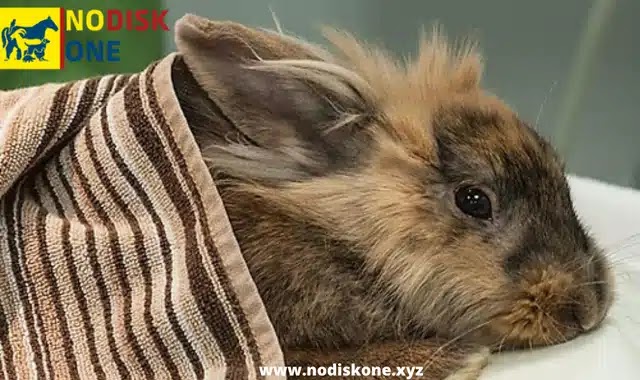 |
| Common Health Problems In Rabbits |
Here are some of the most common health problems encountered in pet rabbits:
- Digestive tract problems
- Bladder stones
- Dental problems
- Respiratory tract infections
- Wound infections
- Heat stroke (that's why it's important to keep them cool in summer).
Best Practices To Prevent Rabbit Diseases
As with all health problems, it is always best to try to prevent illness before it threatens your rabbit. While it's not possible to completely prevent your rabbit from getting sick, there are a number of steps you can take to reduce the risk of disease and give a better chance for a long, healthy life for your rabbit.
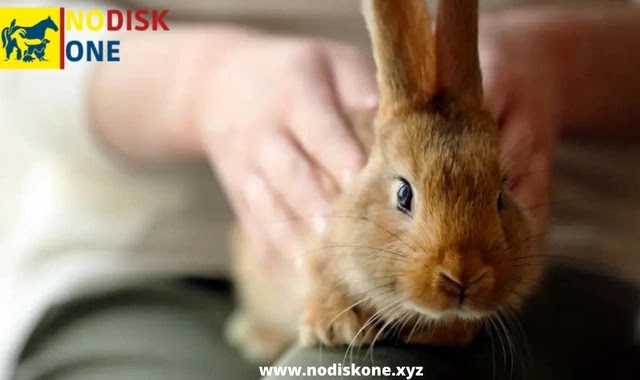 |
| Best Practices To Prevent Rabbit Diseases |
- A healthy diet: Rabbits have a very sensitive digestive system that plays a huge role in their overall health. Make sure your rabbit's diet consists primarily of grass-based hay and plenty of water.
- Adequate exercise: Rabbits should get at least two hours of exercise a day, but more is better. They should also have a pen large enough to accommodate 3 to 4 times the length of the rabbit.
- A clean habitat: It is important to clean the litter box and the rabbit's enclosure regularly. This prevents odors from building up and the enclosure from attracting flies and other insects. It also prevents rashes and urine burns on the rabbit's belly.
- Spend time with your rabbit: A rabbit will become depressed if left alone all day. This loneliness can cause them to sit longer and eat less, which leads to many health problems in rabbits.
- A stress-free environment: Stress in rabbits can cause their bodies to go into shock and their digestive systems to slow down. It's important to find a calm, quiet place for your rabbit to live a stress-free life.
- Wash your hands: If you come in contact with other rabbits, it's important to practice basic hygiene to avoid inadvertently spreading diseases. It's also a good idea to change your clothes after contact with other rabbits, in case germs or parasites have gotten into your clothes.
- Annual veterinary exams: Always bring your rabbit in for an annual checkup so your veterinarian can help you catch any signs of illness early.
- Have your rabbit spayed or neutered: Unneutered rabbits have a number of health problems. It's really urgent to have your rabbit treated as soon as it reaches adulthood.
In Conclusion: What Should You Do If Your Rabbit Exhibits Any Of These Signs
Always remember to pay special attention to your rabbit. If you're new to rabbits, study your new pet's normal behavior so you can detect any abnormalities.
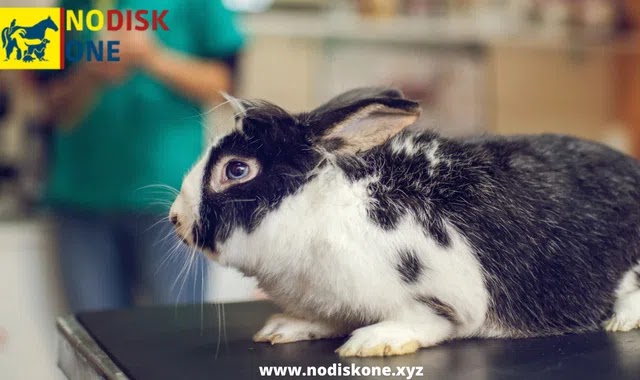 |
| What should you do if your rabbit exhibits any of these signs |
And if you notice any of these signs in your rabbit, call the vet and make an appointment as soon as possible. Some simple problems can be treated at home with a properly equipped rabbit first aid kit. However, other conditions, such as gastrointestinal stasis or any type of infection, require immediate veterinary attention.
Only credible sources, such as peer-reviewed studies, are used by Nodisk One to substantiate the information in our articles.

Comments